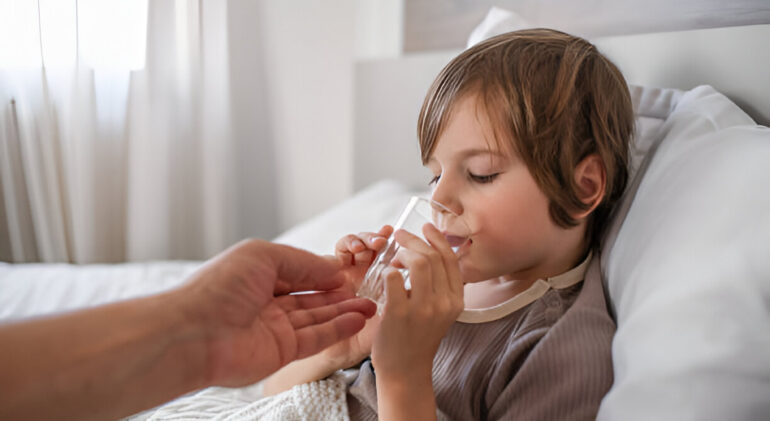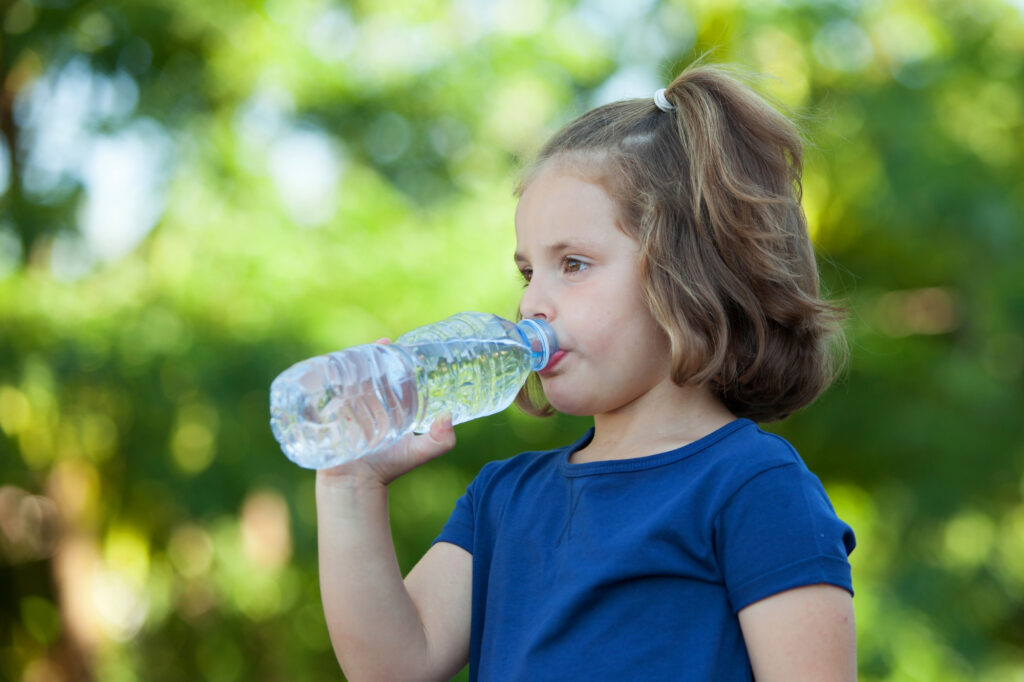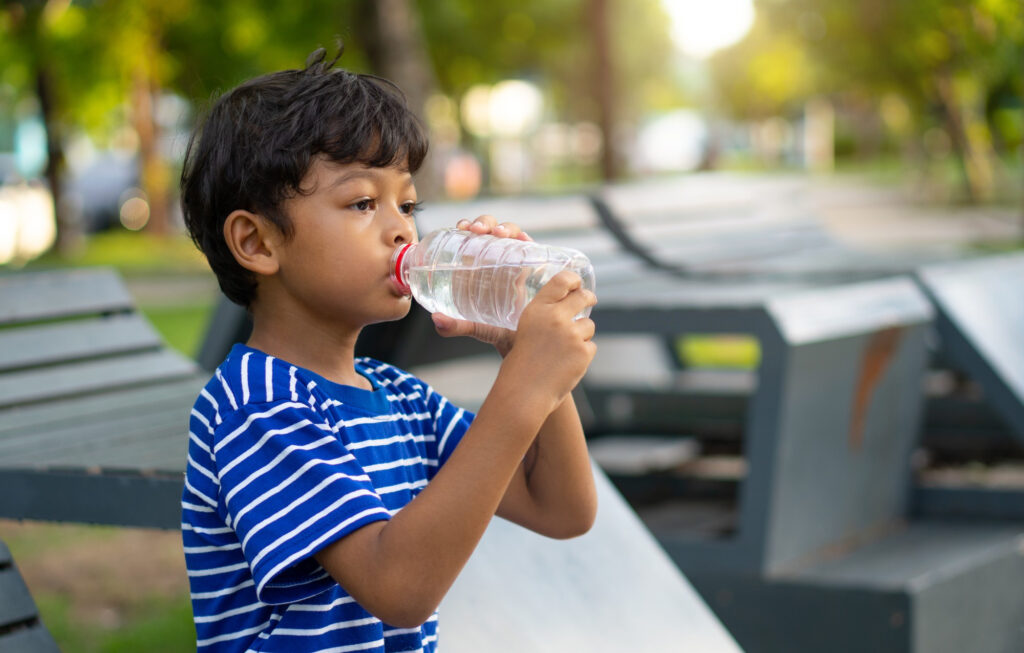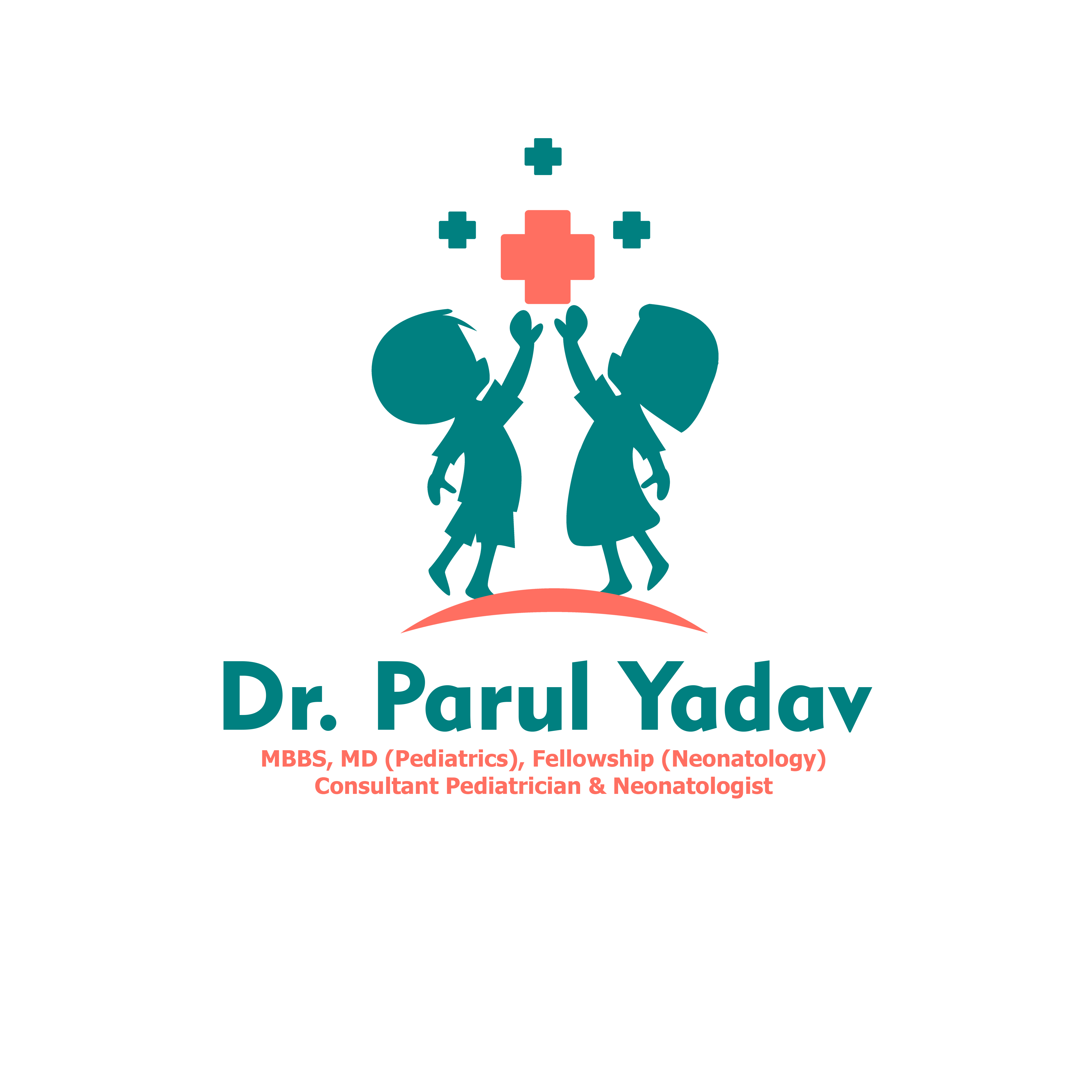
What Is Dehydration in Children?
What Is Dehydration in Children?
Dehydration occurs when a child loses more fluids than they take in, leading to an imbalance in the body’s water and electrolytes. It’s a common concern in infants and young children, especially during illnesses like diarrhea, vomiting, or fever.
If not managed early, dehydration can lead to serious complications such as electrolyte imbalance, kidney failure, or even shock.
Why Are Children at Higher Risk?
Children and infants are more prone to dehydration because:
- Their body water content is higher than adults
- They have smaller fluid reserves
- They lose fluids quickly during illness or heat
- They may not recognize or communicate thirst
Common Causes of Dehydration in Children
- Diarrhea – The most common cause, especially in viral gastroenteritis.
- Vomiting – Leads to rapid fluid and electrolyte loss.
- Fever – Increases sweating and fluid loss.
- Heat exposure – Hot climates or playing in the sun without adequate fluids.
- Poor fluid intake – Especially in infants or during illness.
- Diabetes or other chronic conditions – Can increase urination and fluid loss.

Signs & Symptoms of Dehydration in Children
Early Symptoms (Mild to Moderate Dehydration):
- Dry mouth and tongue
- Thirst
- Decreased urine output (fewer wet diapers)
- Dark yellow urine
- Fatigue or irritability
- Dry or cool skin
- Sunken eyes
Severe Dehydration Symptoms:
- Lethargy or unconsciousness
- Sunken fontanelle (soft spot) in infants
- No tears while crying
- Cold, mottled hands and feet
- Rapid breathing or heartbeat
- Very dry lips and mouth
- Low blood pressure
- Skin that doesn’t return quickly when pinched
Note: Seek immediate medical attention if any severe signs are present.
How to Diagnose Dehydration in Children
Doctors evaluate dehydration through:
- Clinical examination
- Checking weight loss
- Urine output and color
- Skin turgor (elasticity)
- Blood tests (for electrolyte levels in severe cases)
Treatment of Dehydration in Children
1. Oral Rehydration Therapy (ORT)
The first line of treatment in mild to moderate dehydration.
- Use ORS (Oral Rehydration Solution) available in sachets
- Give small sips frequently (1-2 teaspoons every 1-2 minutes)
- Continue feeding or breastfeeding during rehydration
2. Intravenous Fluids (IVF)
For children who:
- Cannot keep fluids down
- Are severely dehydrated
- Show signs of shock or altered consciousness
These children should be treated in a hospital under medical supervision.
Home Care Tips for Mild Dehydration
- Continue feeding: Breastmilk or formula for infants
- Offer ORS or electrolyte-rich fluids
- Avoid sugary drinks, sodas, and undiluted fruit juices
- Provide easily digestible foods like rice water, mashed banana, or khichdi
- Monitor urine output and general activity
How to Prevent Dehydration in Children
- Treat Diarrhea and Vomiting Early
- Use ORS from the first sign of loose stools
- Use ORS from the first sign of loose stools
- Keep Hydrated During Fevers
- Give water, soup, or fluids frequently
- Give water, soup, or fluids frequently
- Ensure Hydration in Hot Weather
- Encourage water breaks during playtime
- Dress the child in lightweight clothing
- Encourage water breaks during playtime
- Breastfeed Regularly
- Especially in infants under 6 months
- Especially in infants under 6 months
- Educate Children
- Teach older kids to drink water regularly, even when not thirsty
- Teach older kids to drink water regularly, even when not thirsty
When to See a Doctor
Call your pediatrician if your child:
- Has not urinated in 6–8 hours
- Is unusually sleepy or irritable
- Cannot keep any fluids down
- Has sunken eyes or no tears
- Shows signs of severe dehydration
Final Thoughts by Dr. Parul Yadav
“Dehydration in children can escalate quickly, especially during fever, diarrhea, or vomiting. Early recognition and timely rehydration are the keys to preventing serious complications. Parents should keep ORS at home and never hesitate to seek medical help when in doubt.”
Written by Dr. Parul Yadav
Consultant Pediatrician & Infectious Disease Specialist






